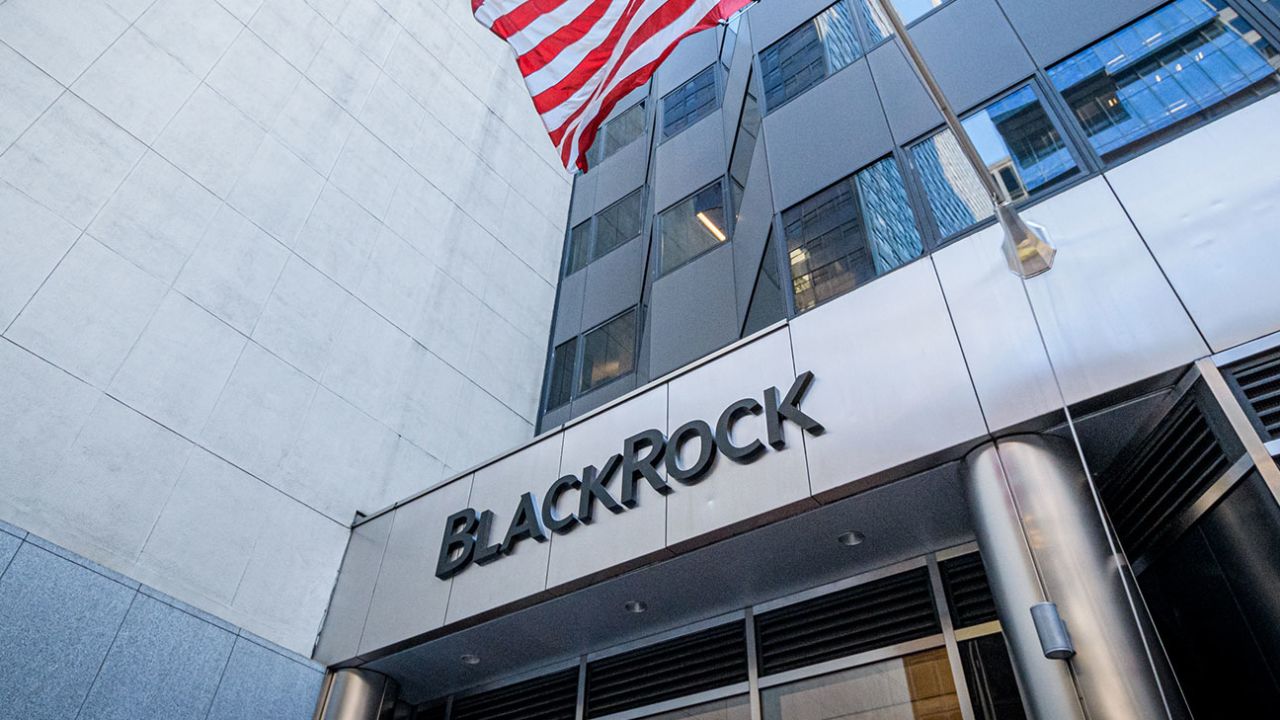Nasdaq has filed a proposal on behalf of BlackRock, aiming to modify rules to permit in-kind creation and redemption for its spot Bitcoin exchange-traded fund (ETF). This filing marks a significant step in the evolution of cryptocurrency investment in the U.S. and highlights the growing adoption of Bitcoin ETFs.
Background on Spot Bitcoin ETFs in the U.S.
Spot Bitcoin ETFs represent direct ownership of Bitcoin, providing investors with a regulated way to gain exposure to the cryptocurrency without holding it directly. Unlike futures-based Bitcoin ETFs, which track contracts rather than the asset itself, spot ETFs directly hold Bitcoin, offering a closer reflection of the asset’s market value. The U.S. Securities and Exchange Commission (SEC) approved the first wave of spot Bitcoin ETFs in January 2024 after years of deliberation, ushering in a new era for institutional and retail investors.
BlackRock’s iShares Bitcoin Trust (IBIT), launched in January 2024 alongside ten other U.S. spot Bitcoin ETFs, has quickly emerged as the largest by inflows, boasting $39.57 billion in investments as of January 2024, according to Farside data. The move to allow in-kind transactions could further cement its market-leading position.
In-Kind Creation and Redemption Explained
Nasdaq’s filing with the SEC on Jan. 24 seeks to enable “in-kind transfers of the Trust’s Bitcoin,” according to the proposal. This mechanism would allow Authorized Participants—institutions responsible for the creation and redemption of ETF shares—to use Bitcoin or cash to create shares and to receive Bitcoin or cash upon redeeming shares.
James Seyffart, a Bloomberg ETF analyst, commented on the development in a Jan. 24 post on X (formerly Twitter), stating that BlackRock “should have been allowed to do this from the get-go.” Seyffart emphasized that the in-kind model streamlines the process, avoiding the bid/ask spreads and broker commissions typically associated with cash-based transactions.
Pseudonymous crypto analyst MartyParty echoed these sentiments, highlighting that the model enhances transparency and creates an on-chain record of fund flows. However, individual investors will not have access to the in-kind creation and redemption model, as Seyffart clarified: “Individuals won’t be able to do ‘in-kind’ creations and redemptions.”
Advantages of In-Kind Transactions
In-kind creation and redemption benefit ETFs by reducing transaction costs and improving efficiency. “What it means is that ETFs should trade even more efficiently than they already do theoretically because things can be streamlined,” said Seyffart. By eliminating intermediaries and reducing the number of steps in the process, this model enhances liquidity and minimizes disruptions in ETF pricing.
Chris J. Terry, chief architect at Bitseeker Consulting, emphasized the tax efficiency of the in-kind model. “By allowing the exchange of shares for underlying assets, ETFs can minimize capital gains distributions, which can be a benefit for investors holding shares in the fund,” he explained.
Competitive Landscape of Crypto ETFs
The Nasdaq filing coincided with a flurry of activity in the crypto ETF space. On the same day, European investment firm CoinShares filed for Litecoin (LTC) and XRP (XRP) ETFs. Grayscale also made headlines by submitting applications to convert its Solana (SOL) and Litecoin (LTC) Trusts into ETFs, alongside filings for a Bitcoin Adopters ETF and an Ethereum Premium Income ETF.
The race among asset managers to capture market share in the crypto ETF sector underscores the growing demand for regulated, institutional-grade investment products. BlackRock’s IBIT, with its massive inflows and focus on efficiency, has set a high bar for competitors.
Implications for the Future
As the largest spot Bitcoin ETF in the U.S., IBIT’s adoption of in-kind transactions could serve as a benchmark for the industry. Enhanced efficiency, transparency, and tax advantages position this model as a potential standard for future ETFs.
This development also highlights the broader acceptance of cryptocurrencies in traditional finance. With increasing competition and innovation, spot Bitcoin ETFs are poised to play a pivotal role in bridging the gap between traditional and digital asset markets.
For now, all eyes are on the SEC’s decision regarding Nasdaq’s proposed rule change, which could redefine the operational landscape for Bitcoin ETFs in the United States.




